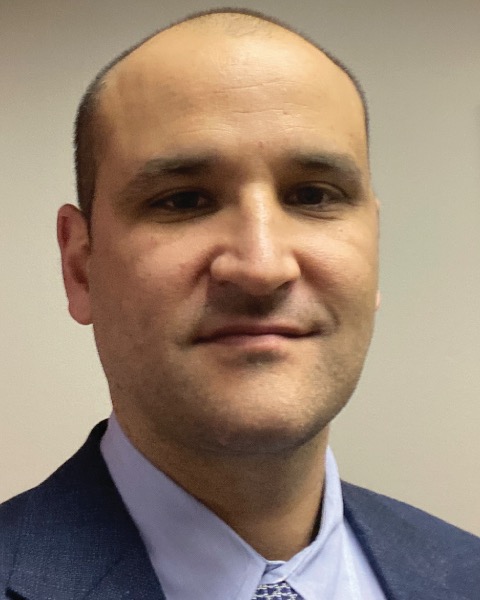Abstract Session
Rapid Fire Research Forum
(AS2) The Majority of Patients Undergoing Adult Deformity Surgery Exhibit a Clinically Significant Increase in Cognitive Ability: A Prospective Study with 12-month Follow-up
Monday, April 24, 2023
8:10am - 8:15am PST
Location: Los Angeles Convention Center, 406AB

John F. Burke, MD, PhD
Physician
Oklahoma University
Oklahoma City, Oklahoma, United States
Presenting Author(s)
Disclosure(s):
John F. Burke, MD, PhD: No financial relationships to disclose
Introduction: Adult spinal deformity (ASD) surgery is associated with improvements in pain and functional activity. However, a common concern is that the physiological stress of surgery may cause a post-operative decrease in cognitive function, especially in the elderly population. On the other hand, it is possible that ASD surgery could increase cognitive ability by increasing activity and decreasing pain. Given that no previous research has directly addressed this issue, we designed a prospective study with cognitive function as the primary outcome variable.
Methods: This study is a prospective trial of patients undergoing ASD surgery at a single institution with 12-month follow-up. The primary outcome variable was performance on the Montreal Cognitive Assessment (MoCA) test. We also collected the Oswestry Disability Index (ODI), Scoliosis Research Society questionnaire (SRS-22) with mental health (MH), activity (ACT), pain (P), and self-image (SI) sub-components. Pre-operative and post-operative morphine equivalent dose (MED) of narcotic medications were collected. A multi-variate logistic regression (LR) was used to predict improvements in MOCA scores.
Results: 43 patients met inclusion criteria. There was a significant increase in MOCA scores at 12-month follow-up compared to pre-operative MOCA scores (p=0.0004). Overall, 65.1% of patients exhibited an increase in MOCA scores, and 53.5% met minimally clinically important change (MCID). More severely cognitively impaired patients tended to improve to a greater degree than less severely impaired patients (p=0.0001). A multi-variate LR using ODI, SRS-MH, SRS-ACT, SRS-P, SRS-SI, and opiate use (changes in MED) did not reveal any significant association with improvements in MOCA scores, although improvement in ODI trended toward significance (p=0.054).
Conclusion : Our prospective data suggests that ASD surgery is associated with an improvement in cognitive impairment at one year follow-up. This is the first study to show that ASD surgery improves cognitive outcome and suggests that spinal surgery has functional improvements beyond currently measured outcome variables.
Methods: This study is a prospective trial of patients undergoing ASD surgery at a single institution with 12-month follow-up. The primary outcome variable was performance on the Montreal Cognitive Assessment (MoCA) test. We also collected the Oswestry Disability Index (ODI), Scoliosis Research Society questionnaire (SRS-22) with mental health (MH), activity (ACT), pain (P), and self-image (SI) sub-components. Pre-operative and post-operative morphine equivalent dose (MED) of narcotic medications were collected. A multi-variate logistic regression (LR) was used to predict improvements in MOCA scores.
Results: 43 patients met inclusion criteria. There was a significant increase in MOCA scores at 12-month follow-up compared to pre-operative MOCA scores (p=0.0004). Overall, 65.1% of patients exhibited an increase in MOCA scores, and 53.5% met minimally clinically important change (MCID). More severely cognitively impaired patients tended to improve to a greater degree than less severely impaired patients (p=0.0001). A multi-variate LR using ODI, SRS-MH, SRS-ACT, SRS-P, SRS-SI, and opiate use (changes in MED) did not reveal any significant association with improvements in MOCA scores, although improvement in ODI trended toward significance (p=0.054).
Conclusion : Our prospective data suggests that ASD surgery is associated with an improvement in cognitive impairment at one year follow-up. This is the first study to show that ASD surgery improves cognitive outcome and suggests that spinal surgery has functional improvements beyond currently measured outcome variables.
